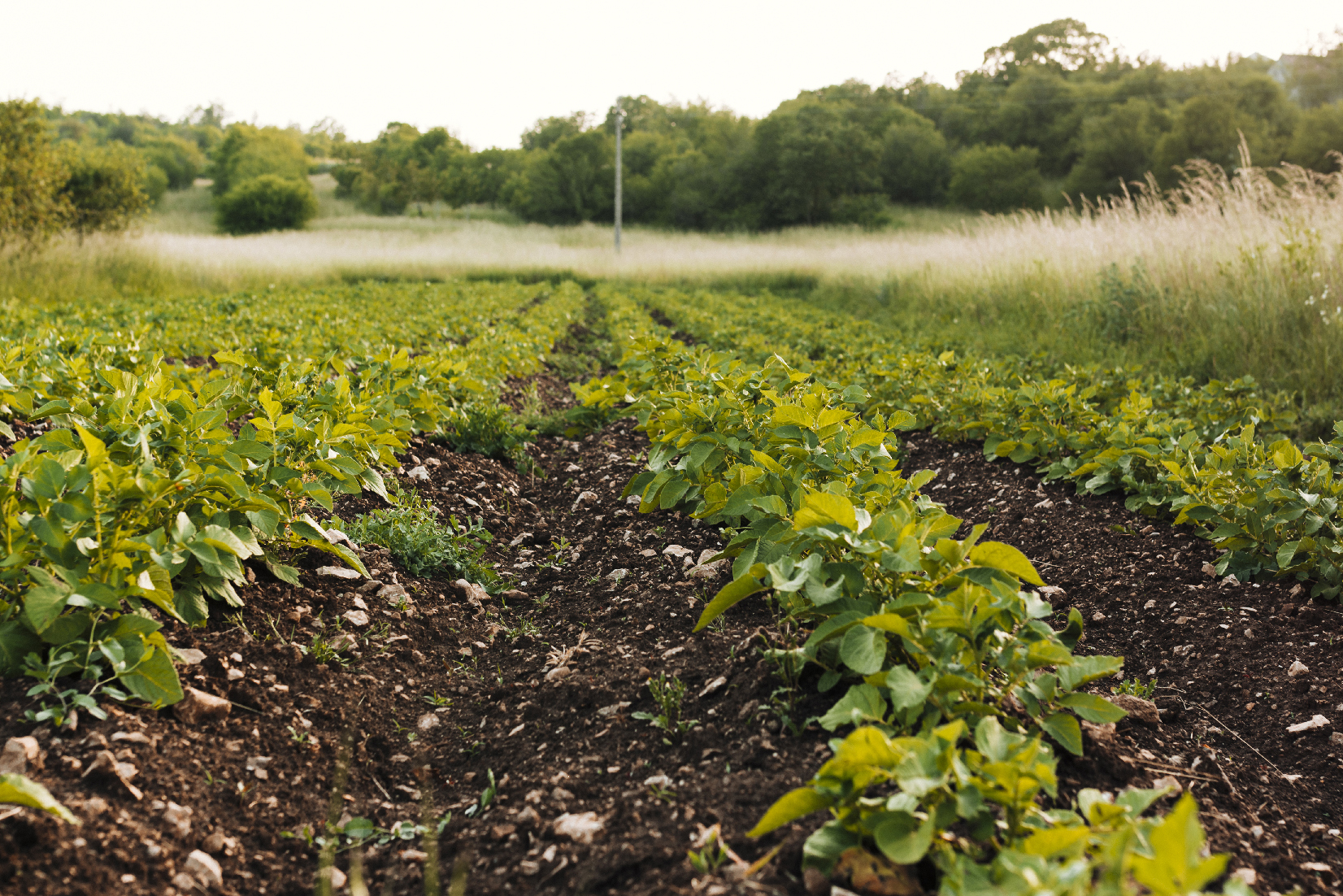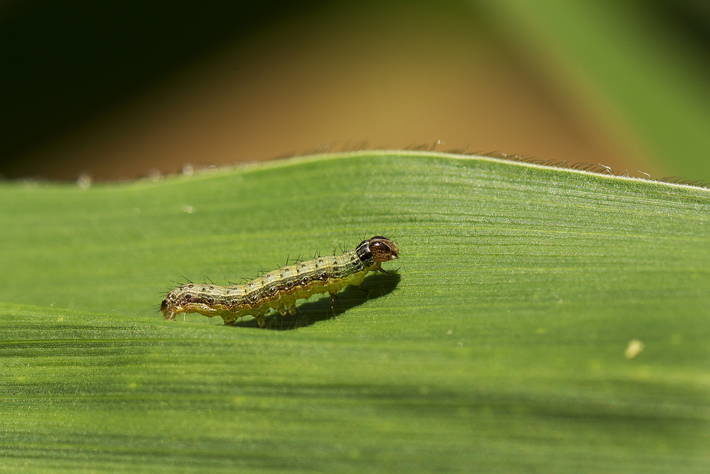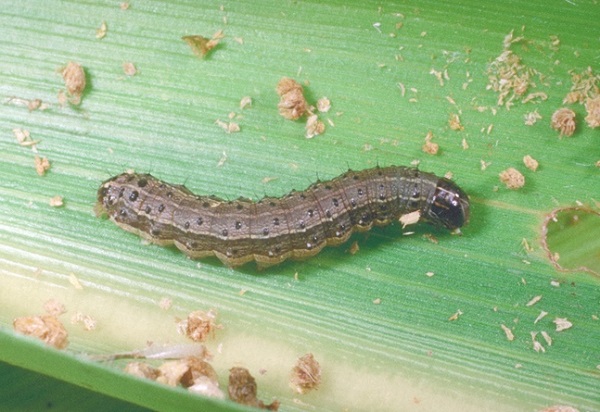Biotechnology expert cites benefits of regenerative agriculture for sustainable farming
Margust Dela Cerna | August 19, 2024
According to Dr. Halos, this method corrects harmful farming practices by restoring soil health and improving agricultural systems through both traditional and modern technologies.
She explained that one key aspect is replacing synthetic fertilizers and pesticides with organic alternatives like biofertilizers and biopesticides, which are safer for people and the environment.
For example, biofertilizers developed at the University of the Philippines in Los Baños reduce the need for inorganic fertilizers and improve drought resistance. Biopesticides, such as those targeting the fall armyworm, offer targeted pest control without harming livestock or humans.
Genetically engineered crops also play a role with varieties like BT corn and BT eggplant by reducing the need for synthetic pesticides. The goal of regenerative agriculture, Halos emphasized, is to ensure food security by maintaining land productivity through safer, more sustainable farming practices.
“It does this by providing farmers methods and tools that are safer for both agriculture and the environment,” Dr. Halos said in an interview.

In comparison, a biofertilizer developed in UPLB, called Vital N, based on a species of bacterium called Azospirillum, that lives around the root systems of plants. It can reduce the use of inorganic fertilizer by up to half the recommended rate, it also gives plants resistance to drought by promoting root growth.
Alongside this, Dr. Halos spoke of a biopesticide in development at the Department of Agriculture, currently given the name “Bagcheck”, that specifically targets the pests onion armyworm and fall armyworm.


According to Dr. Halos, Bagcheck is composed of a bacterium and a fungus that specifically targets those two insects, and so it minimizes damage to a farm’s biodiversity, and danger to livestock and people that might ingest it.
While both of these products are relatively new, biopesticides and fertilizers are not. In India, the Neem plant is known to be a multipurpose pesticide and fertilizer that scientists have been studying since the 1950’s and farmers have been using longer than can be remembered. Dr. Halos says that the reason these natural alternatives aren’t more widely used is mainly marketing.
Dr. Halos also explained that genetically engineered crop varieties can be an integral part in regenerative agriculture, as the variety of crops that farmers use can contain in themselves the factors that will keep them from using synthetic pesticides and fertilizers. Bt corn and Bt eggplant both carry genes that make them resistant to pests, drastically reducing the need to use pesticides. Crop varieties engineered to increase their ability to utilize nitrogen means that farmers can reduce the amount of nitrogen-based fertilizer that they use.
In the end, the primary goal of regenerative agriculture is to ensure food security by maintaining the productivity of the land. It does this by providing farmers methods and tools that are safer for both them and the environment.

